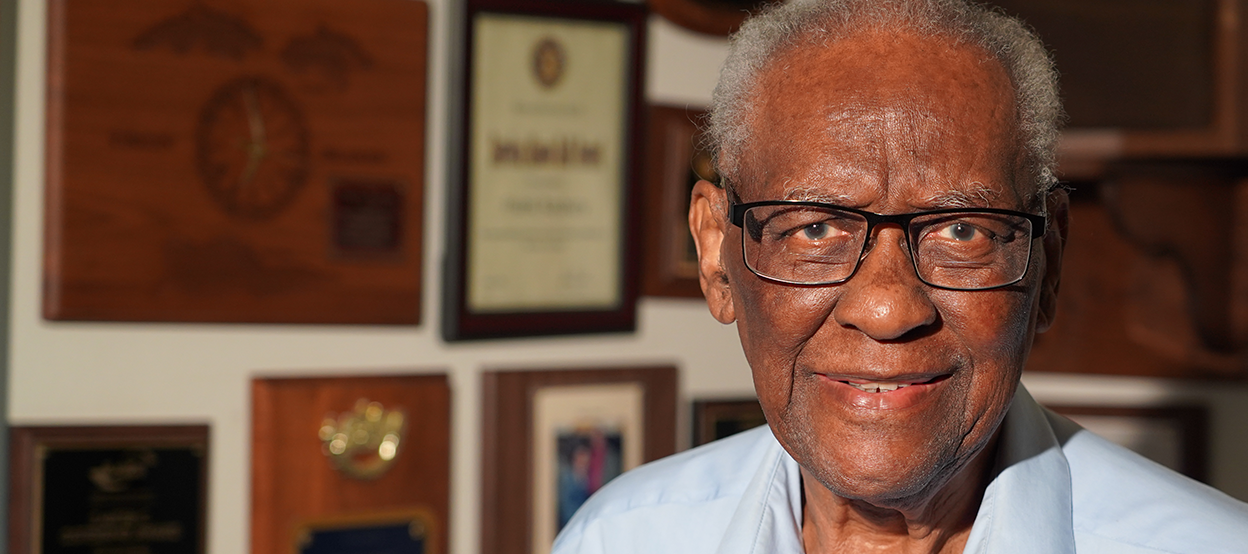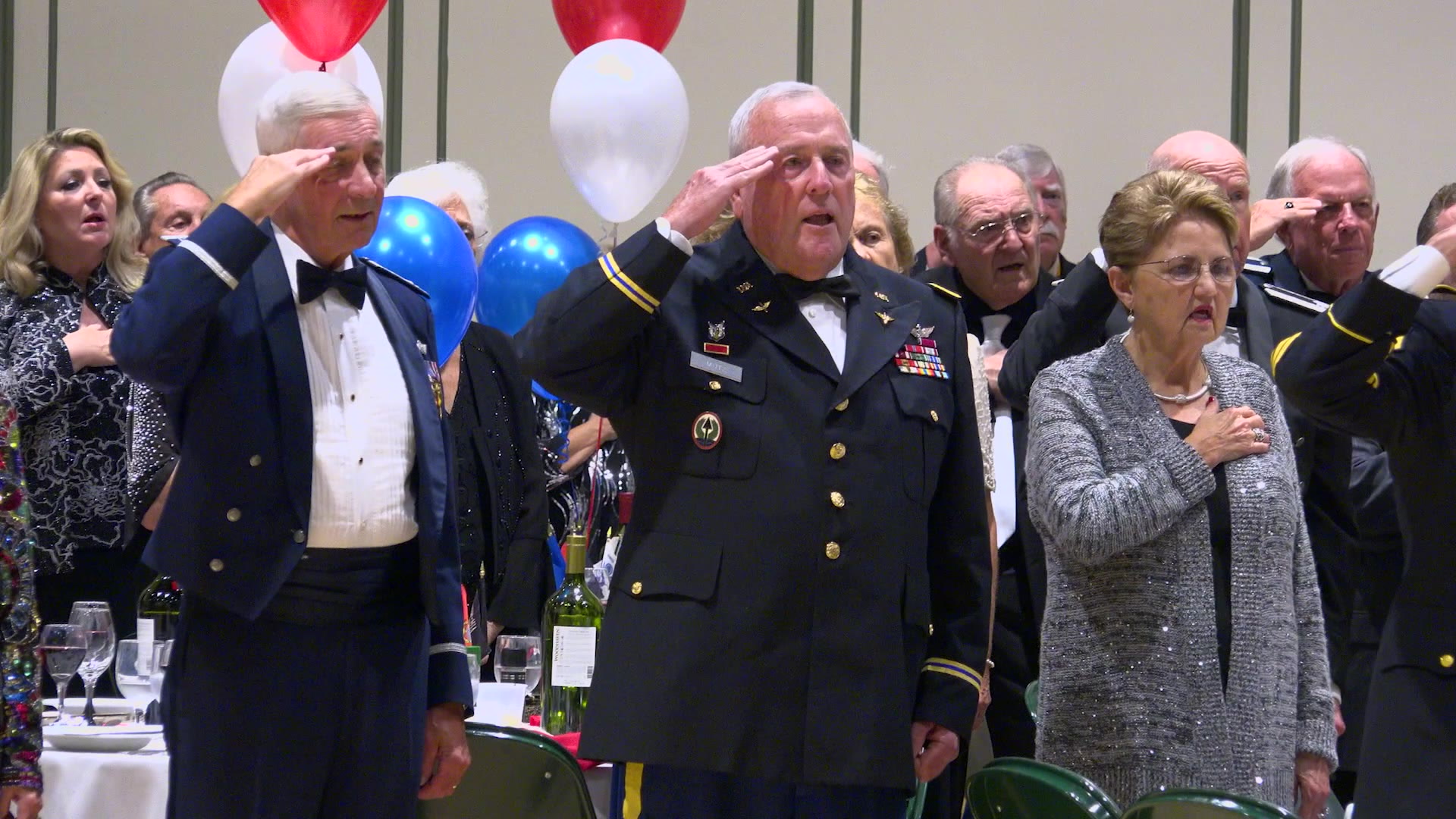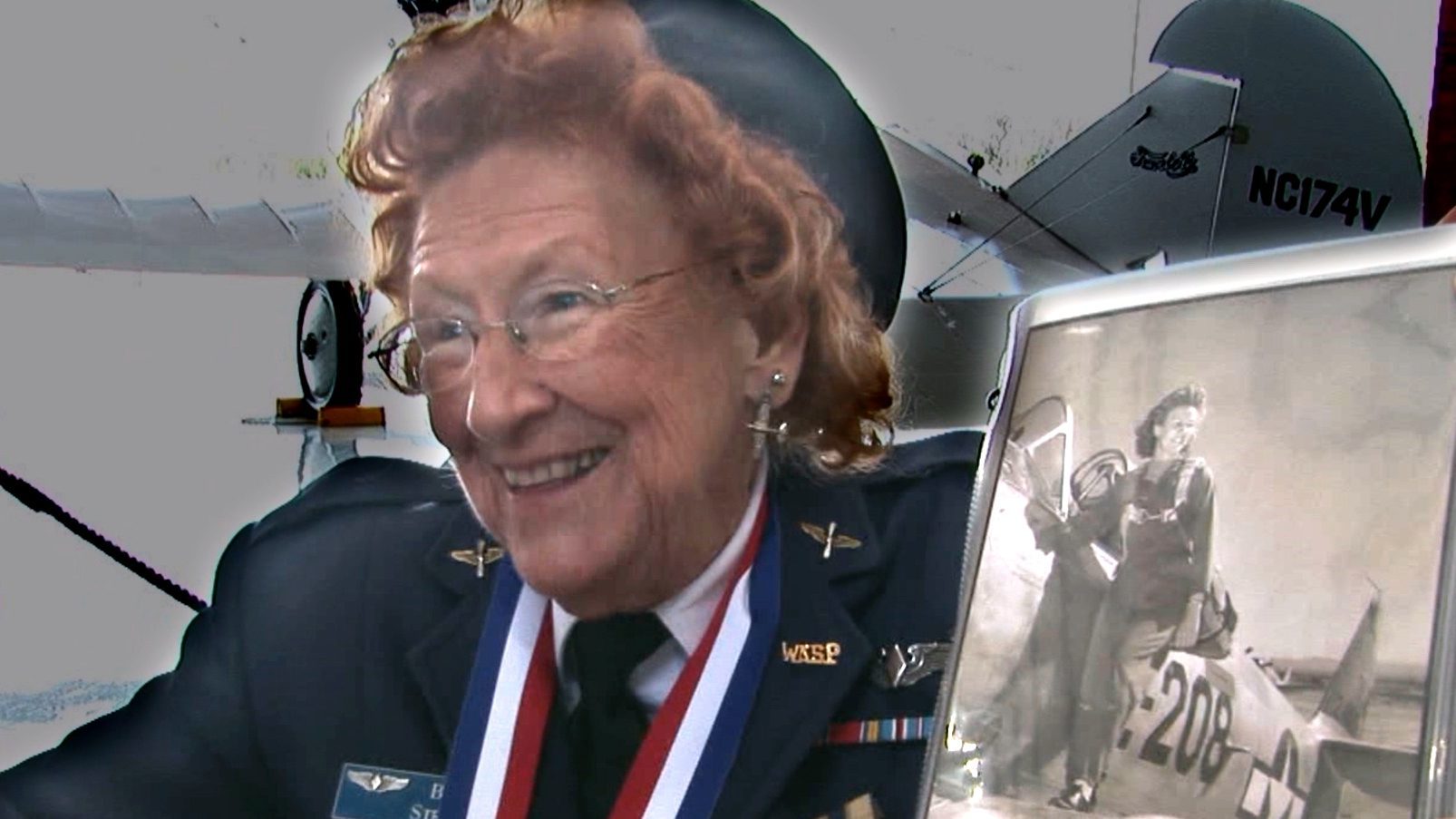Last Updated on February 4, 2024
Valuable Offerings for Those Who’ve Served
Vanessa J. Skinner is a shareholder with the firm of Winderweedle, Haines, Ward & Woodman, P.A., where she chairs the firm’s Wills, Trusts & Estates Department. She was recently named one of the Best Lawyers in America in the area of Elder Law for the third consecutive year. She is the host of The Power of Planning Podcast, anchor.fm/thepowerofplanning.
Freedom isn’t free. This popular expression reminds us of the countless sacrifices veterans and their families have made over the years. Yet, often times veterans are not fully informed of the benefits that are available to them as a result of their military service. Outlined here is an overview of key benefits offered by the U.S. Department of Veterans Affairs (the “VA”).
The Pact Act
The Sergeant First Class (SFC) Heath Robinson Honoring our Promise to Address Comprehensive Toxics (PACT) Act is a new law that is perhaps the largest health care and benefit expansion in VA history. It extends eligibility for VA health care for veterans with toxic exposures and veterans of the Vietnam, Gulf War and post-9/11 eras. It adds more than 20 presumptive conditions for burn pits, Agent Orange and other toxic exposures; adds more presumptive-exposure locations for Agent Orange and radiation; and includes the Camp Lejeune Justice Act, which compensates those injured due to exposure to contaminated water at the Marine Corp Base Camp Lejeune from mid-1953 through 1987.
Health Care
The eligibility requirements for VA health care benefits through the Veterans Health Administration are active military service without dishonorable discharge. If the veteran enlisted after September 7, 1980, or entered active duty after October 16, 1981, the veteran must have served for 24 continuous months or the full period for which they were called to duty, unless the veteran was discharged for a disability or hardship. If deemed eligible, the veteran will be assigned to one of eight priority groups. The priority group may affect how quickly the veteran is enrolled for health care benefits and how much, if anything, they will have to pay toward the cost of their care.
Service-Connected Compensation
Disability compensation is a tax-free monthly benefit paid to veterans with disabilities that result from a disease or injury incurred or aggravated during active military service. Compensation may also be paid for post-service disabilities that are considered related or secondary to disabilities occurring in service and for disabilities presumed to be related to circumstances of military service, even though they may arise after service. The most well-known presumptions are those for Agent Orange exposure during Vietnam service. Dependency and Indemnity Compensation (DIC) is a tax-free monetary benefit generally payable to a surviving spouse, child, or parent of service members who died while on active duty, active duty for training, or inactive duty training, or survivors of veterans who died from their service- connected disabilities.
Non-Service Connected Pension
The Veterans Pension program provides monthly payments to wartime veterans who did not receive a dishonorable discharge, meet certain age (65 or older) or disability requirements, and have income and net worth within certain limits set by Congress. A veteran must have served at least 90 days on active duty (24 months for service members who began service after September 8, 1980) with at least one day occurring during a designated wartime period. Those wartime periods are World War II (December 7, 1941-December 31, 1946); Korean conflict (June 27, 1950-January 31, 1955); Vietnam War era (November 1, 1955-May 7, 1975, for veterans who served in the Republic of Vietnam during that period; August 5, 1964-May 7, 1975, for veterans who served outside the Republic of Vietnam); and Gulf War (August 2, 1990, through a future date to be set by law or presidential proclamation). VA Aid and Attendance or Housebound benefits provide additional monthly payments to qualified veterans and survivors who receive a monthly VA pension. Aid and Attendance is for those who need another person to help them perform daily activities, are bedridden due to illness, reside in a nursing home, or have limited eyesight. Housebound benefits are for those who spend most of their time in their home because of a permanent disability. You cannot receive Aid and Attendance and Housebound benefits at the same time.
Long-Term Care
The VA offers a variety of long-term care services for sick or disabled veterans who are enrolled in VA health care. Such services, which include 24/7 nursing and medical care, physical therapy, help with daily tasks, palliative care, and respite care, are provided in a variety of settings, such as nursing homes, assisted living facilities, and adult day health centers. There are over 100 community living centers, which are VA nursing homes, across the country.
Burial Benefits
Burial benefits include a gravesite in any of the 155 VA national cemeteries with available space, opening and closing of the grave, perpetual care, a government headstone, marker, or medallion, a burial flag, and a Presidential Memorial Certificate, at no cost to the family. Cremated remains are buried or inurned in national cemeteries in the same manner and with the same honors as casketed remains. Some veterans may also be eligible for burial allowances. Burial benefits are also available for spouses and dependents, even if they predecease the veteran.
These valuable benefits veterans have earned through their service and sacrifice. In this holiday season of gratitude and giving, let us give thanks for the ultimate gift veterans have given us, our freedom.
This article is featured in the Winter 2023 issue of The Growing Bolder Digital Digest.












